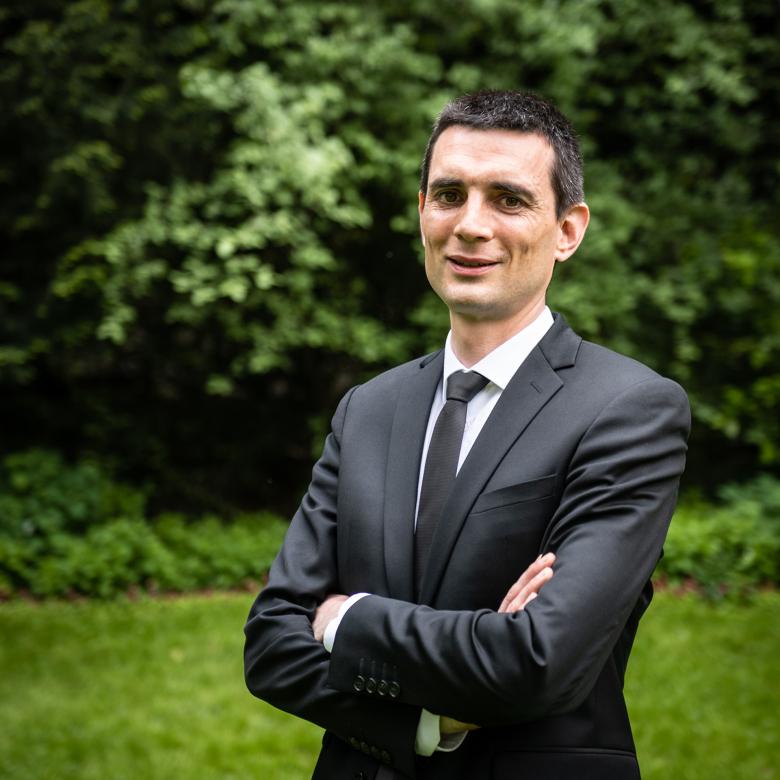
Cédric Bourillet, Director General of the Directorate General for Risk Prevention, Ministry for the Ecological and Inclusive Transition (2021).
© Ministry for the Ecological and Inclusive Transition
Interview of Cédric Bourillet, Director General of the Directorate General for Risk Prevention, Ministry for the Ecological and Inclusive Transition.
What are the results of the collaboration with BRGM?
Cédric Bourillet: BRGM is under the supervision of the Ministries of Research, Ecology and the Economy. We are a close partner of this institution.
BRGM supports our policies by carrying out numerous projects, particularly in the area of risk prevention.
The Ministry sets out its priorities and shares its analysis of France’s needs for expertise and research with the State’s institutions and operators. BRGM can then initiate and manage projects in its sphere of competence, alone or with partners. This is the case for various investigation and research, monitoring and modelling activities, but also for creating and providing databases for the public (professionals or individuals).
What services have been created jointly?
C. B.: GéoRisques is a reference portal designed to raise awareness of natural and technological hazards in the country. BRGM runs this portal and shares with us its ideas on services that could be usefully developed. The most recent development made available to the general public is the electronic information form for buyers and tenants (“risk report”) to be provided at the time of a sale or lease.
Another example is the Infosols database, which combines BASOL, a database of contaminated sites and soils known to the State, and BASIAS, which is the result of a census of plots of land on which industrial activities have probably taken place (although no contamination has been proven).
BRGM provides a wealth of data to EauFrance, a public information service on water. Our teams also contribute to this via data collected by the recording stations in our Vigicrue network in support of our river monitoring and flood forecasting role. All these activities are positive. Without BRGM’s know-how in data production and risk mapping, there would be yawning gaps in the information made available.
Data is crucial for meeting new challenges. How do you see the future?
C. B.: Public data management will have to continue to develop substantially with open data, geographical structuring of data, interoperability and the need to structure data to bring out value. BRGM is equipped to meet these challenges. In continuity with its various roles, BRGM will be able to confront the changes in positioning and techniques that will ensue.







